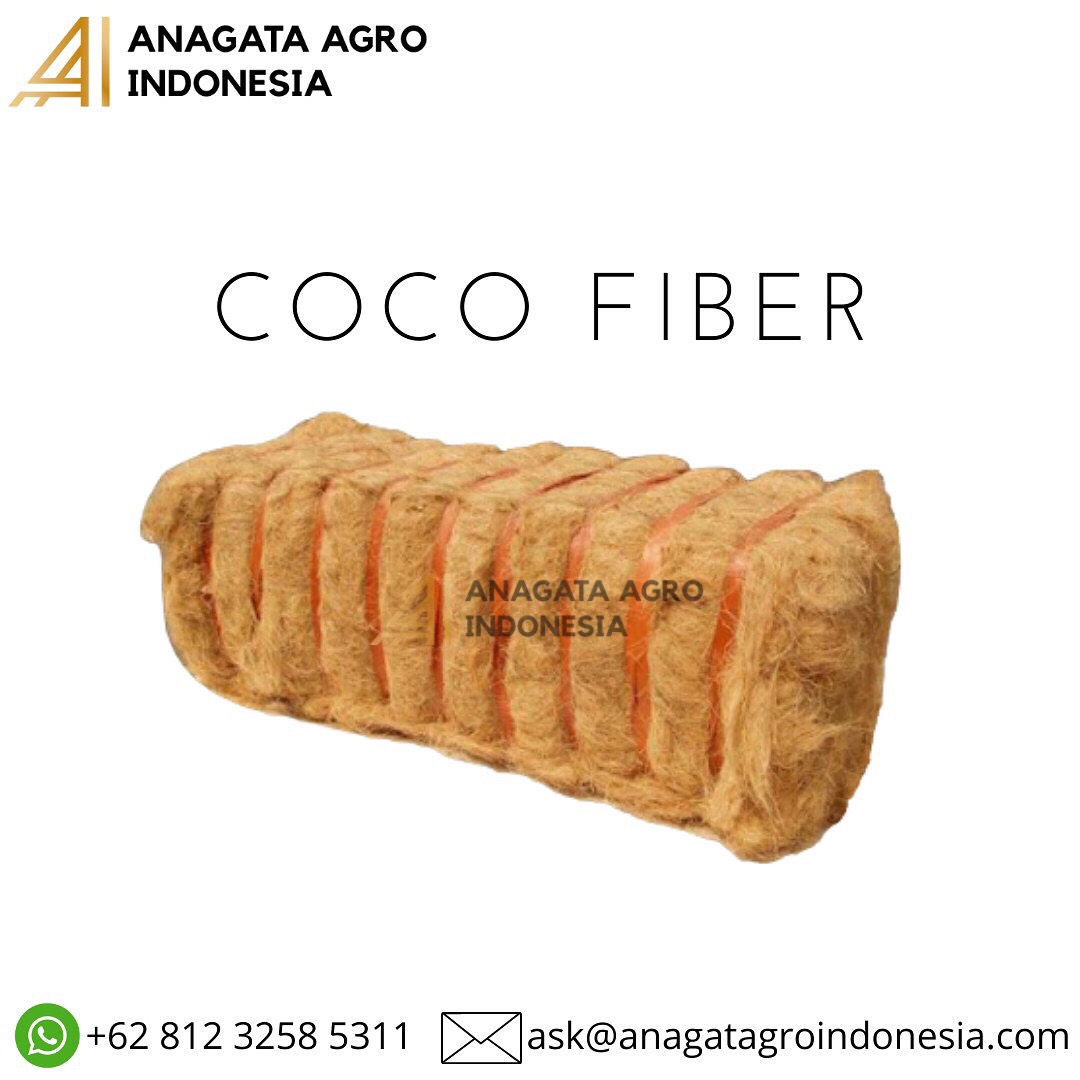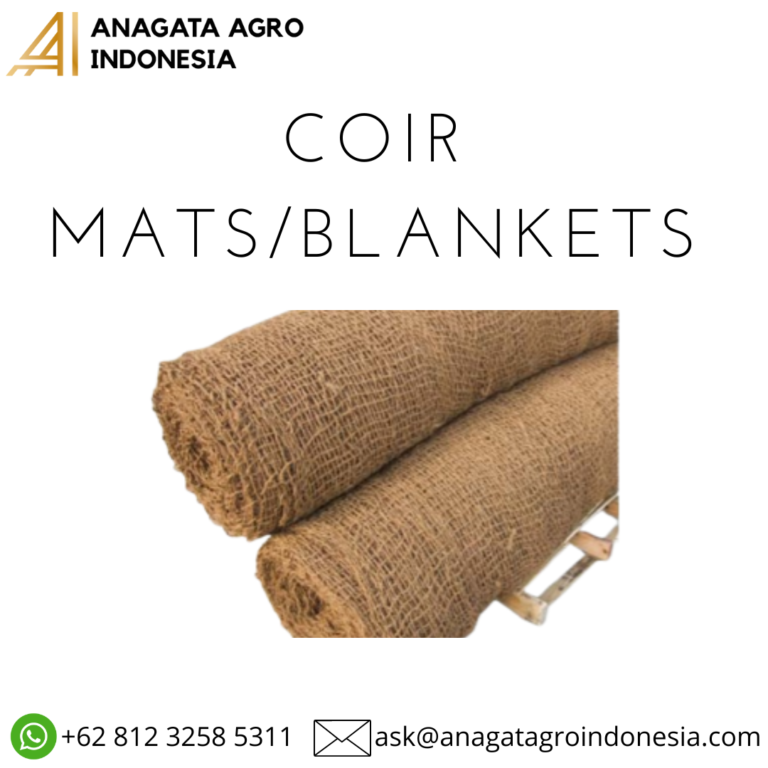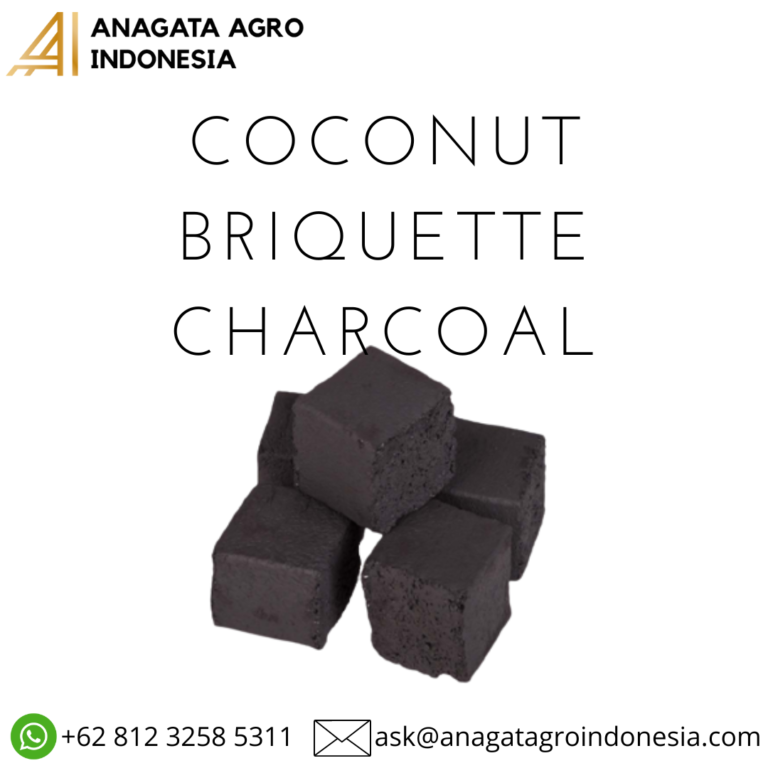
Coconut Charcoal
Coconut charcoal refers to charcoal that is made from coconut shells. Coconut shells are a byproduct of coconut processing industries, and they are often used to produce activated carbon and charcoal.
Coconut charcoal is known for its high carbon content and low ash content, making it a popular choice for grilling and cooking. It is often used as a more sustainable and environmentally friendly alternative to traditional charcoal made from wood. Additionally, coconut charcoal is considered to burn cleaner and produce less smoke compared to some other types of charcoal.
Desiccated Coconut
Desiccated coconut is coconut flesh that is dried, mashed, and processed under hygienic conditions for human consumption. Desiccated Coconuts are graded by their cutting size, for example, fine grade and medium grade where fine grade is smaller particle size than the medium grade. Desiccated Coconut is rich in fat content ranging from 40 to 65%. Desiccated Coconut is usually used as an ingredient in processed foods
such as bread, cakes, confectionery, etc.
Anagata Agro Indonesia production base is located in West Java, Indonesia. We managed to produce 1000 MT/Month. Our product is backed by a dedicated team of professionals, we offer the best quality products to the clients at highly competitive prices.
Desiccated coconut is coconut flesh that is dried, mashed, and processed under hygienic conditions for human consumption. Desiccated Coconuts are graded by their cutting size, for example, fine grade and medium grade where fine grade is smaller particle size than the medium grade. Desiccated Coconut is rich in fat content ranging from 40 to 65%. Desiccated Coconut is usually used as an ingredient in processed foods such as bread, cakes, confectionery, etc.
Anagata Agro Indonesia production base is located in West Java, Indonesia. We managed to produce 1000 MT/Month. Our product is backed by a dedicated team of professionals, we offer the best quality products to the clients at highly competitive prices.
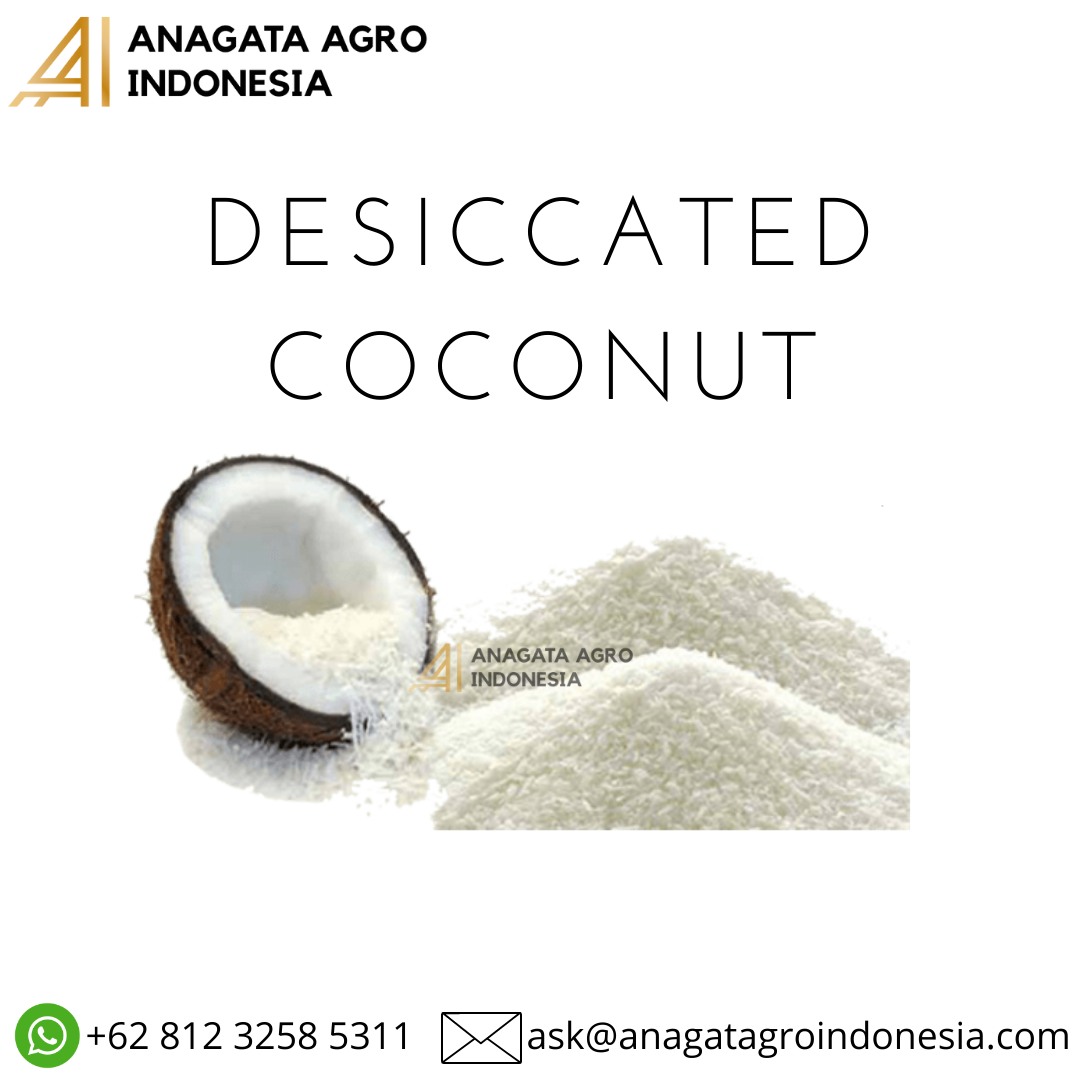
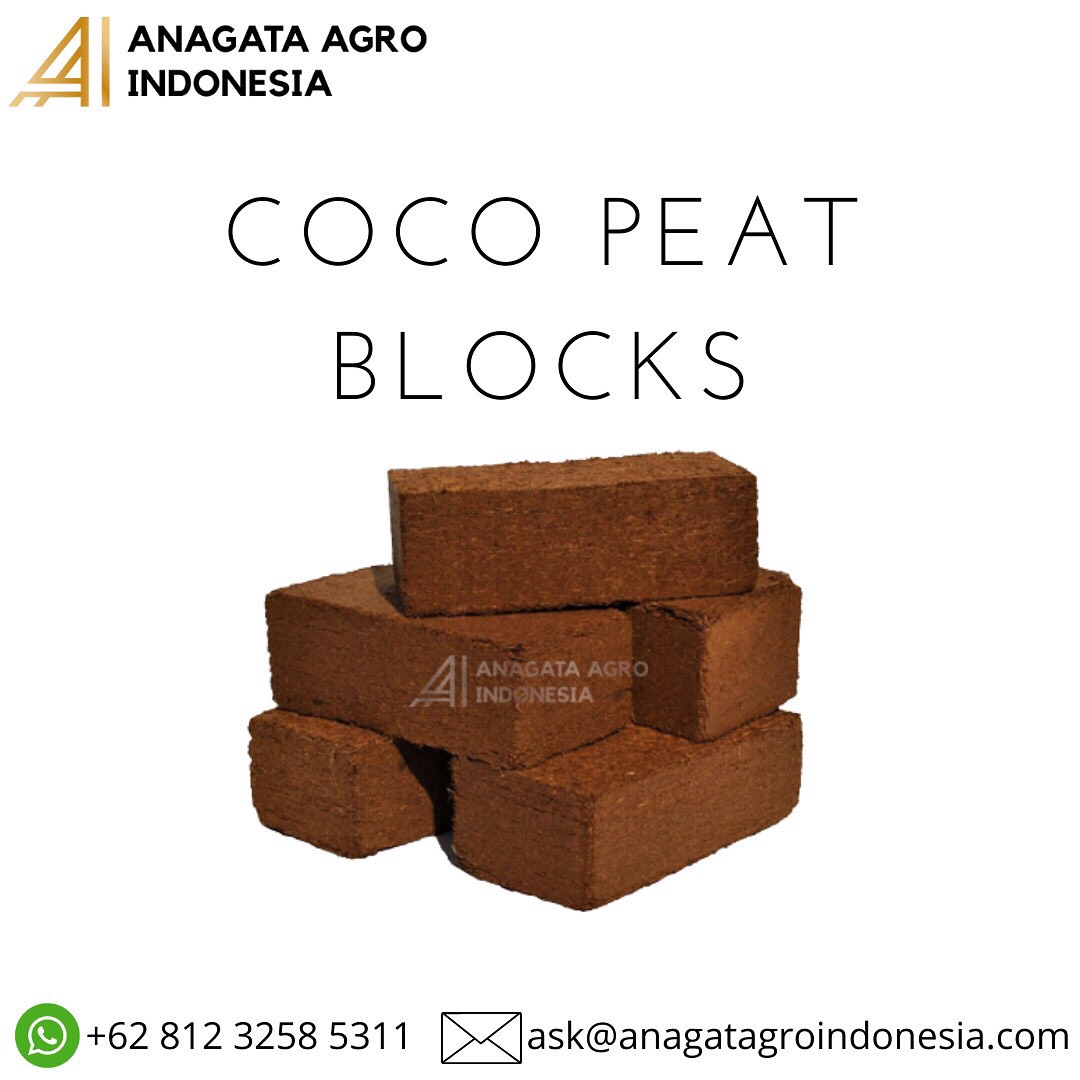
Coco Peat Blocks
Coco peat are considered an ideal medium growing for plants. The coco peat powder thus obtained sieved, washed, dried, and finally compressed into blocks. The blocks can be used for a wide range of planting requirements.
Coco peat has the property of easily absorbing and storing water. it also has pores that facilitate air exchange, and the entry of sunlight. Coco peat can retain water 10 times better than soil and this is of course very good for plants that grow with a hydroponic system.
Coco Fiber
Coco fiber, also known as coir fiber, is a natural fiber extracted from the husk of coconuts. It is obtained from the fibrous outer layer surrounding the coconut seed. Coco fiber has been used for centuries in various applications due to its durability and versatility.
The extraction process involves removing the husk from the coconut fruit and separating the fibers from the harder inner shell. The fibers are then cleaned, sorted, and processed into different forms for commercial use.
Coco fiber is an environmentally friendly material as it is renewable,
biodegradable, and sourced from a byproduct of the coconut industry. Its
versatility, strength, and sustainability have contributed to its
popularity in various industries around the world.
Coco fiber, also known as coir fiber, is a natural fiber extracted from the husk of coconuts. It is obtained from the fibrous outer layer surrounding the coconut seed. Coco fiber has been used for centuries in various applications due to its durability and versatility.
The extraction process involves removing the husk from the coconut fruit and separating the fibers from the harder inner shell. The fibers are then cleaned, sorted, and processed into different forms for commercial use.
Coco fiber is an environmentally friendly material as it is renewable, biodegradable, and sourced from a byproduct of the coconut industry. Its versatility, strength, and sustainability have contributed to its popularity in various industries around the world.
